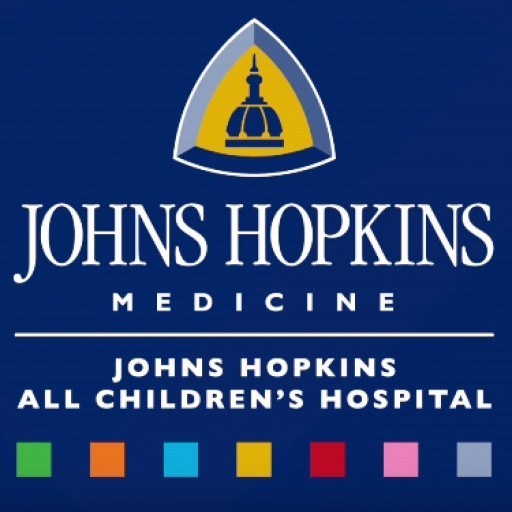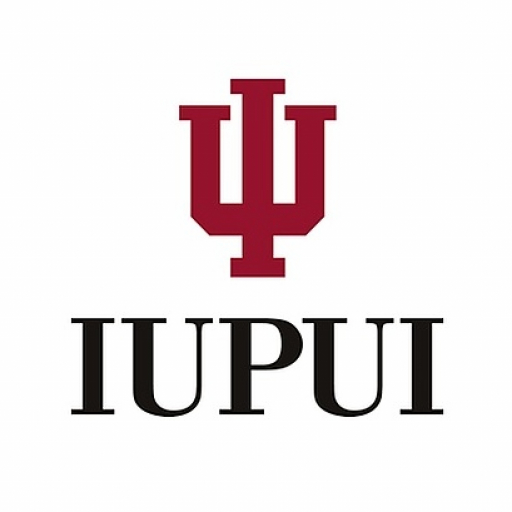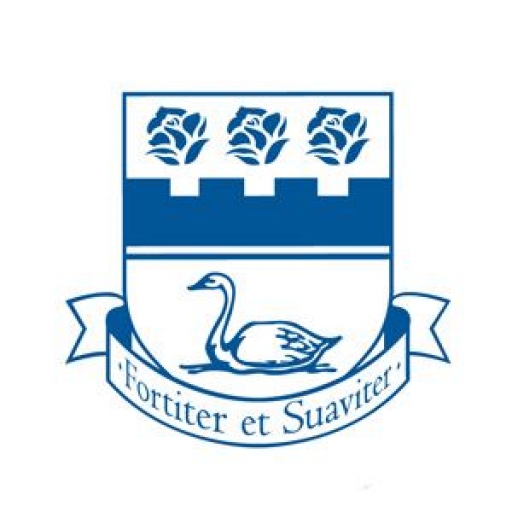Photos of university / #allchildrens
Our program was developed at a unique time in graduate medical education, as changes in curricula and assessment nationwide are designed to prepare residents to become better pediatricians and health care leaders. At JHACH we are privileged to use the strengths of Johns Hopkins Medicine and the flexibility and availability at our freestanding children’s hospital to move beyond the traditional model of residency training.
Our pediatric residency program is educationally focused, which means that your education and individual needs lead your training course. We accelerate your career and professional development through opportunities to acquire knowledge, skills and practices as residents work with peers and mentors to step into current and future career roles in all areas of pediatrics.
Our first year sequence allows residents to experience inpatient hospital pediatrics, neonatal intensive care, pediatric intensive care, emergency medicine, and subspecialties to gain early experiences in these fields and inform career decision-making. These rotations provide our interns with core skills in the care of hospitalized patients and critically ill infants, children and adolescents. A longitudinal experience in the continuity setting provides opportunities for coordination of care and continuous quality improvement activities.
The second year sequence is based in the ambulatory setting, allowing residents to become proficient in acute and preventive care for patients while receiving training in the diversity of subspecialties important to a future in pediatrics. Key rotations include developmental pediatrics, adolescent medicine and many other subspecialties. Second year residents will be encouraged to develop continuity of care with their patients in the ambulatory setting and acquire an in-depth understanding of patient management among various subspecialties.
Our third year will emphasize residents as teachers and as leaders of teams of interdisciplinary health care professionals. Residents will lead teams in inpatient hospital pediatrics, NICU, PICU, hospital wards, the emergency department and ambulatory continuity clinic. Third year residents will grow their expertise in the management of hospitalized patients and critically ill children while also enhancing their knowledge of the health care environment.
First Year
Our first year is designed as a foundational year while allowing residents to begin to individualize their training in our innovative program to take next steps on possible future career pathways.
During this time residents will learn how to evaluate, diagnose, manage and coordinate the acute and chronic care of children with a wide range of conditions. Experiences in inpatient and outpatient settings will also provide opportunities to apply the core concepts of our LEAD curriculum and PACC sessions.
The majority of patient care experiences during the first year will occur as a member of the inpatient interprofessional teams. Residents will spend time on the pediatric hospital service, the neonatal and pediatric intensive care units, the newborn nursery and resuscitation team, and in the emergency department. Significant mentoring will be provided one-on-one by experienced physician leaders in these clinical settings. In addition, block time is set up for electives that will assist in determining further career interest, scholarship and specialization options and time dedicated to our LEAD curriculum with a unique focus on simulation, scholarship, and team building.
Second Year
The second year provides innovative opportunities for further individualization of learning, career exploration and specialization. More than half of the year is dedicated to the resident’s choice of electives and scholarship. Residents will continue to cultivate skills in the foundational areas of pediatrics with rotations in adolescent medicine, developmental and behavioral pediatrics, and community and advocacy experiences.
Our second year is designed to provide flexibility and further professional development as residents make important decisions about next steps and prepare for the possibility of entering the subspecialty application and interview process. We believe that by allowing our second year residents the opportunities to tailor the year using professional goals aligned with career destinations, they will ultimately grow into the roles of clinician, leader, and scholar. The program will promote these trajectories through innovative experiences in our LEAD the PACC curriculum enhancing the development of individuals and teams.
Third Year
During the third year of residency training, our residents will move from a stage of comfortable competency to an early mastery level in providing family-centered patient care. Residents will be providing evidence-based care that is developmentally and age appropriate, compassionate, and effective for the treatment of the diversity of acute and chronic conditions in pediatrics and the promotion of the health of infants, children and adolescents in multiple settings. Our senior residents will experience the professional development and growth involved with teaching, mentoring and leading teams of junior residents and medical students.
Third year residents will also return to several of the rotations they completed as first years with an emphasis on teaching, leadership, delivery of care, and continuous quality improvement. Third year residents will assume the responsibility for leading teams on the hospital service, neonatal and pediatric intensive care units and in the emergency department. The third year will also promote time for additional career development and individual preparation for future endeavors with approximately four months dedicated to electives and scholarship.
It is at this stage that our program leadership hopes to see the culmination of our LEAD the PACC curriculum as residents prepare to transition into the world of practice or fellowships and become future leaders in the many different areas and fields of pediatrics.
Requirements
- Register for a first year residency position with the National Resident Matching Program (NRMP) (www.nrmp.org)
- Complete an ERAS application (www.aamc.org/eras)
- Personal statement
- Curriculum vitae
- Recent photograph
- Medical school transcripts (to be provided by medical school)
- Medical Student Performance Evaluation (MSPE) formerly known as the Dean’s Letter (to be provided by medical school)
- Three letters of recommendation from supervising faculty who know you well and can comment in depth on your clinical work, achievement, leadership, personal qualities, and project contributions. At least one of these letters should be written by a faculty member in pediatrics.
- USMLE and/or COMLEX transcripts (to be provided by National Boards). Osteopathic students are encouraged to take the USMLE examinations, but COMLEX transcripts will also be accepted. Candidates must request that scores be forwarded by the National Boards via ERAS when the application process begins.
- USMLE Step 1 is required for the application and USMLE Step 2 is required prior to the end of the interview season.
- ECFMG Status Report (international graduates only, to be provided by ECFMG)
- We do accept international graduates. International candidates should clearly specify the details of their current visa status in the ERAS application including dates and time limits for that status. We anticipate sponsoring J1 visas only.
- For international candidates, the ECFMG certification is required in order for us to list you on our rank list.
- Candidates must be within five years of graduation from medical school (i.e. graduation date of 2010 or later for residency entering class of 2014) at the time of matriculating into the residency program.
- Personal interview
- Candidates need to recognize that physicians matriculating into the Johns Hopkins All Children’s Hospital Pediatric Residency Program will be expected to: complete satisfactorily ALL of their medical school’s requirements culminating in graduation from medical school in good standing; provide proof of graduation from medical school; and be eligible for a training license as a resident physician in the State of Florida as governed by the Florida Board of Medicine.
Want to improve your English level for admission?
Prepare for the program requirements with English Online by the British Council.
- ✔️ Flexible study schedule
- ✔️ Experienced teachers
- ✔️ Certificate upon completion
📘 Recommended for students with an IELTS level of 6.0 or below.
Scholarships
- Global Education
- Johns Hopkins All Children’s Hospital Pediatric Surgery Fellowship






